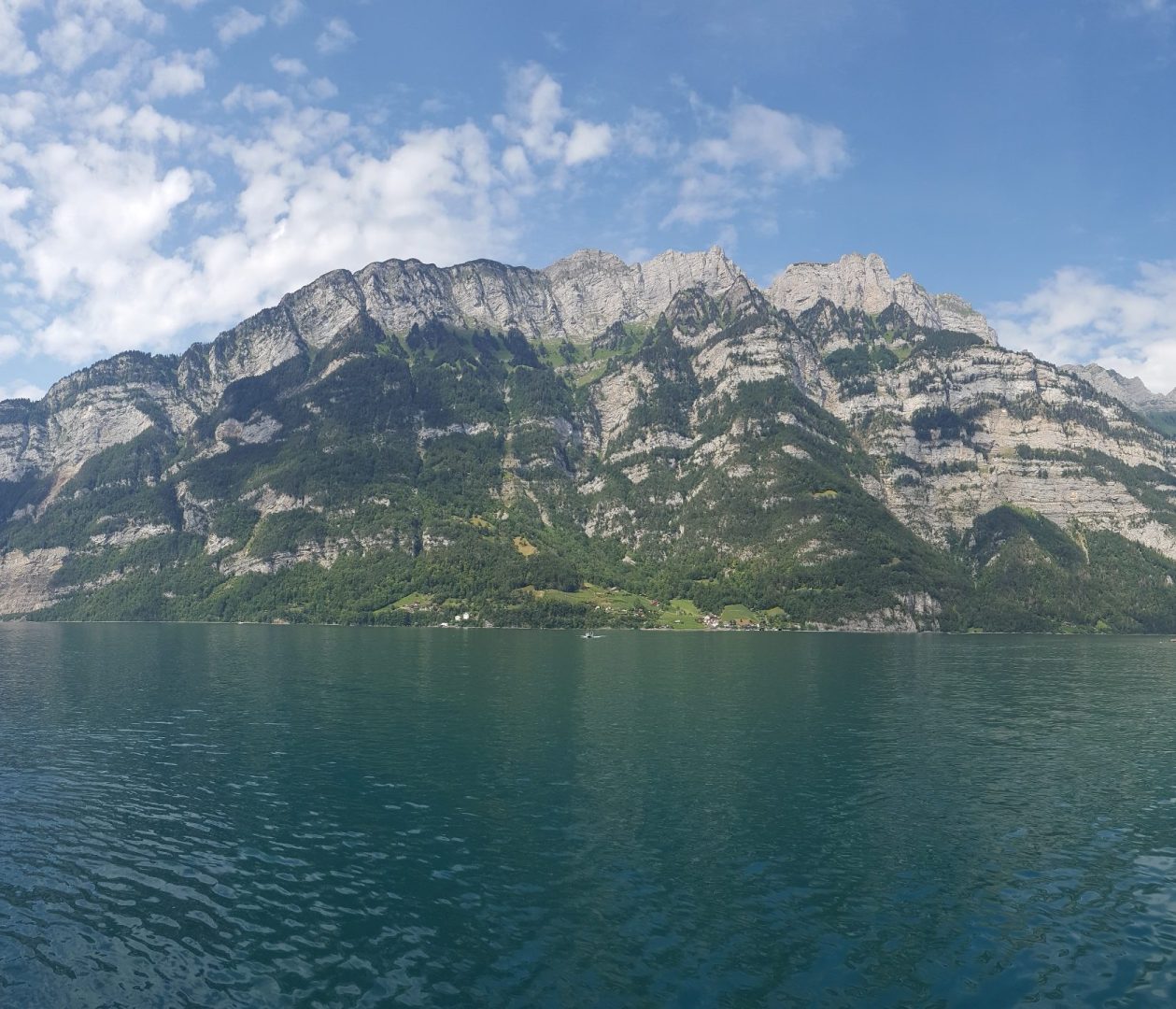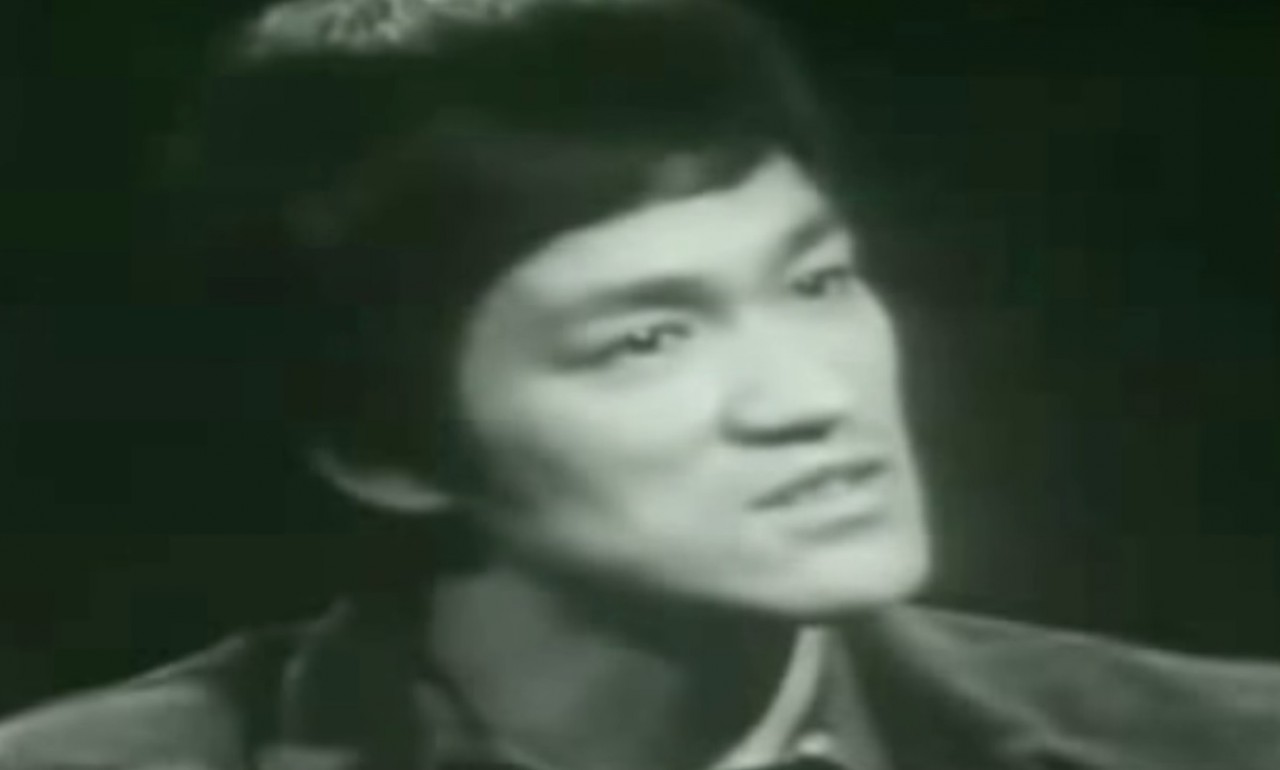Introduction
I wrote this list for myself several years ago after I came to terms with my own life crisis. I have shared it with many people since I wrote it and the timing to put it online feels more than perfect. After all, we are going as humanity through a huge transformation. Even at the personal level among my friends and acquaintances, people seem to be experiencing a lot of turbulence since 2020. I hope it helps you a bit if you read it.
This list is a sort of collection of ideas and tasks that I found most useful at the time to face that crisis, and above all, to find “change within”. I have to repeat this: “to find change within”. Change starts and ends within ourselves before we can truly make an impact around us.
I am by no means the sole creator of this list and I don’t dare to withhold the truth of life. I wrote it for myself, as a reminder of my life lessons, and I did it while “standing on the shoulders of giants”. The list is based on discussions with people, therapy sessions, spiritual books, YouTube videos, online articles, the teachings of spiritual leaders like Eckhart Tolle and Mooji, and multiple other sources. Perhaps the most important source of this “spiritual learning” is the people I encountered in my life. People like family, friends, colleagues, or love partners are the true masters here. They are the ones challenging you, triggering you, and guiding you towards your true self. Special thanks to important people in my life for showing me the door to myself.
1. No one can do it for you
You are alone on this one. You are the only one who can do this. No one else can get you out of your unhappiness. You might find “angels” on the way, and they might show you the door, but you still have to find the courage within to open it. You are also alone on this one because these angels might encourage you and show you your bright side, but then, at night, when it is just you, your pillow and your thoughts, things will get nasty again.
So, when should you start? The answer is easy: NOW. Now is the only moment that there is, it is the only moment that we have. Tomorrow is too late and yesterday is already gone. You need to intensify your actions in the present moment. Finding excuses to postpone this process is easy. You can always think: “I am not ready yet”. Well, that is the first door you have to open. You are already ready, you were ready yesterday.
So again, no one can do this for you, you are the only one who can do this. Your healing process might take some time, maybe some weeks, months or years. No one can tell for sure, but the crucial thing to realise is that taking that first step towards the unknown means a lot. Remember, it is up to you to be the change in your life.
2. Start loving yourself
Stop saying negative things about yourself. Stop assuming your life is miserable. Stop blaming yourself for the mistakes made along the way. Stop focusing on the negative aspects of your life and comparing your life situation with the life situation of others around you. You can certainly find many reasons to suffer, but by doing this, you are just charging your life with negativity. As long as you keep putting mental barriers to your life, you will not move forward.
You will only flourish when you start living a positive cycle. That is why you need to start treating yourself well and respectfully. Allow yourself to be loved by yourself and others. Why are you so concerned about doing so many things for others and attending to so many expectations? Why do you keep postponing yourself? Do not push yourself so much. Be the biggest benefactor of this life of yours.
3. All what you are looking for is already inside you
The first step of the journey is to recognise there is a problem. Perhaps you overreacted in front of your partner or colleague and attacked them. Perhaps you were upset and hurt because someone said something that you did not like. Perhaps you were extremely emotional because someone did something that you did not like. It does not really matter what it was. The key here is to realise that these events triggered something in you. They altered your state of consciousness in some way, opening up old wounds or even initiating traumas. These wounds are less about that specific moment with your colleague or partner and more about yourself and yourself only. Most of the time, we get what we need and not what we want. People will come to your life, and you will get what you need. They will be your masters and help you out by triggering these wounds.
The second step is allowing it to happen. Embrace this pain and let it flow inside you. Once you start allowing this experience to be as it is, you would realise that you can achieve a higher level of understanding. You can first unite with this pain by focusing your whole attention on it. Then, you can start dealing with it. You can slowly stop identifying with the particular situation that triggered the pain and start seeing the pain itself. All that can change, all that can go away. Solutions to this pain will come, in time, not by some sort of magic therapy, but because you are the solution. Imagine your pain are clouds and you are the sky. Imagine you are a house and the furniture is your pain. Clouds go away at some point, you can change your furniture, and so will your pain go away. The solution is already inside you, your true self is the solution to these problems.
4. Change your mindset
Try realising that you are not your suffering, you are not your unhappiness, and you are not your thinking mind. Be aware of your thoughts. Stop having all those false ideas about yourself. Stop judging yourself. Empty yourself from definitions of yourself. We create our own realities with our thoughts. Surrender to your fears and accept “what is” (“what is” is the essence of life. It is the now, the present moment). As I said earlier, the answer is already there, inside you. Once you realise that, you will start feeling free of it.
"Watch your thoughts, for they become your words.
Watch your words, for they become your actions.
Watch your actions, for they become your habits.
Watch your habits, for they become your character.
And watch your character, for it becomes your destiny.
What we think, we become." (unclear author)
5. Life purpose
Stop trying to understand or learn how to change. It is not about knowledge. If the answer is not there, you will gradually start seeing it. Perhaps you just cannot see it today because you are thinking all the time. I would say, it is all about experiencing the truth and not knowing it. Everything that happened in the past has led you to this moment and this moment will lead you to your future. Every situation, every decision was exactly how it needed to be to bring you to this moment. Therefore, whatever you are going through, whatever you are experiencing now, let it be as it is. This is your path.
Life is now, there is no path to be found, you are already on your purpose.
The ultimate purpose of your life is to live. There are ups and downs, challenges, happy moments, sad moments, people are born, people die. It is how it is, without adjectives. Answers will come one day. They will present by themselves to you when the time is right. Trust the universe. Everything happens exactly the way it is supposed to.
6. Three dimensions of freedom, inner peace and enlightenment
Try to stop resisting (1. non-resistance) so much the bad moments and changes in your life and go with the flow. Try to stop judging (2. non-judgment) yourself and others, but most importantly, try to stop judging your life situation. The weather, the traffic jam and your job are how they are. Indeed, you can be proactive and change things. At the material level, you can do many things, you can quit your job and leave your partner. But experiences are experiences, they are not good nor bad. You decide whether they are good or bad. The more you evaluate a situation as negative, the more you will suffer. Try to detach (3. non-attachment) from people, things, experiences and ideas. Money comes and goes, people live and die, jobs and experiences start and end, but above all, ideas and beliefs start and end. The most important thing is to recognise that everything is temporary, this will set you free and bring you peace. Indeed, you can love, give all what you have and enjoy your life with your partner and family for decades, but you can only do that in the present moment, in the now.
7. Try a healthy lifestyle
There are many studies that conclude the strong connection between your gut bacteria and your mood, health and happiness. There are many examples and also complete books about it. I may not give any special recommendation here. You should find what is best for your body.
8. Stop meeting the wrong people
People will try to force you to be what you are not. People may say you should get married, get a dog and have children. They might tell you to just get drunk, smoke some cigarettes and forget your problems. People may tell you to focus on your career. They will claim that doing meditation and all the spiritual work are useless and stupid. You need to be a rebel, just don’t listen to them. Your path is unique, whether you raise 5 children or you become a lone hermit.
There is a second group of wrong people. Those are the negative ones. The ones that complain all the time about whatever, the ones who find always a reason to criticise themselves or others, to incriminate or accuse themselves or others because of whatever, or to victimise themselves. You should consciously stay away from those people. If you cannot stay away from them because, let’s say, they are your family, you have to consciously set very strong mental and emotional boundaries. Boundaries are crucial. This is how we clean our personal environment from whatever that is blocking our development.
9. Start meeting the right people
The right people are those who consciously or unconsciously help you during your “spiritual awakening”. They are those who listen to your fears and hug you while you cry. They are the ones who care, the ones who truly care. They are those who accept you as you are. They are those who see you as you are, without masks and disguises. They are the ones that celebrate your success. It is easy for the ego to support someone who is suffering, but it is immensely difficult to join someone in their happiness. These are the right people. You know who they are, just look at your heart and it will tell you who they are.
There is a second group of the right people. These people have already started developing their consciousness. Whenever you meet someone and you feel very “peaceful” or “joyful” around them, that might be a good pointer towards the right people. They are like a sun and shine through you. However, it may also feel weird to be around them, be aware of your mind telling you to go back to your old patterns and to the “wrong” people. That is exactly the challenge. Patterns are hard to recognise and even more difficult to dissolve. We tend to go back to our comfort zone and avoid our own evolutionary process. Sometimes, we might just run away from the right people, because it feels strange, because it feels unfamiliar, because they trigger us into spiritual progress.
10. Try talking more
Try talking to people about your problems. This will release a huge burden because you will show yourself as you are, with your demons and challenges. You will express yourself and move towards authenticity. This will improve you vibration because you will start accepting yourself. Crying also helps. You can proactively boost your negative feelings so much, that you will have to just get rid of them at one moment. If you are feeling down, go to hell. Only after going to hell and burning all that pain inside you, you will be free. Because you will experience the “internal death” of all that negativity.
11. Bring the fire to your life
This is one of my favourites. In astrology, fire is connected to passion, action and warmth. It is the unapologetic expression of our masculine energy. Do things that you are passionate about that don’t include thinking: sports, dancing, singing, laughing, screaming, or even getting upset (indeed, no one wants to be upset just for fun, it’s about the meaning of the state of consciousness, it’s about the “fire” of the emotions involved). Try using your body as much as possible, connect with your body. Your body is one of the doors to spiritual awakening. Learning to say no and channeling your anger is also wonderful. I have to talk about boundaries again. It is not about screaming to your parents or your partner, but about knowing your limits and putting explicit boundaries with an assertive and kind tone. It is about expressing yourself and being true to your needs and wants without being mean to others. If you live in numbness you won’t be able to move forward. You can just let go and express all those trapped emotions when you are true to yourself.
12. Bring the positivity to your life
Allow yourself to be loved by yourself and others. Do meditation. Experience heartfelt positivity. Bring all those positive emotions to your life: love, gratitude, love, awe, love, serenity, love, hope, love, inspiration, love, pride, love, amusement. You can write a gratitude journal. You can establish deep and true connections with others, you can also count your blessings. It does not matter what you do, every day look at yourself for a few minutes in the mirror and think about all the positive things in your life, your achievements, your trips, your loved ones, your qualities and strengths and smile at yourself for being so wonderful and unique.
13. Go to nature
Try experiencing nature, dogs, cats, birds, see them how they are in their state of freedom from the thinking mind. The tree is there, existing, not thinking. Realise that you are part of this world and that the world is not out there. You are the universe. You are the world. Nature is, as your body, another door to the “spiritual awakening”. Touch the trees or the grass with your hands and just feel their aliveness. Don’t you see that everything around you is alive? Everything inside you is alive as well and you are completely connected with that world, because you are expansive and limitless, because you are that world as well. We are one with the world and people forget that. Once you feel that oneness fear goes away.
14. Feel the silence
Enjoy the moments of silence in your life. Doing sports and having a life oriented towards goals and action is good but you are still trapped in doing. You should sometimes forget about doing and focus on just being, just sitting there, like a tree. Just sit there with yourself and your loneliness, perhaps do some meditation. It is in the silence when and where the true magic of your being arises and flourishes as an expansive and unstoppable force.
15. Be aware of your thoughts
This is perhaps one of the most difficult things to do. Sometimes you might think about your life situation. You might conclude that it is someone’s fault, or that it is your fault, or that it’s many people’s fault. Including yourself. Is that really so? How do you know that what your mind is saying is true? Stop believing your thinking mind. Every time your thinking mind sends you all those thoughts, just try to accept them and see them how they are, as thoughts, as fears or worries and remember that you are bigger than that. You are millions of other atoms or cells, and not that tiny fraction of your left (or right) hemisphere that is creating those thoughts. Whenever you have those thoughts just try to relax and enjoy the present moment, be here, now. Just as the future and the past only exist in your mind, all the other thoughts are just that, thoughts, ideas and beliefs about someone or something.
16. Practice visualisation
You can write letters to god, to the universe or to yourself. You can also just dream it. The key is to imagine yourself as connected with the universe, with your heart and not thinking. You can write a letter saying how it is to be connected and feel the deeper intelligence of the universe within you. You can visualize how happy, peaceful and content you are because of being one with yourself and the universe. You can write how wonderful it is to be aligned with your true inner purpose and to see that life is now, that there is no destination or goal to achieve. You can write how amazing is to feel that the only thing we have is the present moment and how you live it to the fullest, without drama, without self-created suffering. It doesn’t matter that you don’t have those feelings now in your life. But try to visualise them.
17. Reading about spirituality
Although there are many spiritual authors (and a lot of BS in the “spiritual industry”), I can only recommend the books of Eckhart Tolle. They opened my mind to a different way of being. They opened the door to hidden knowledge about the most essential aspect of our existence. They (and some magical people in my life) were the candlelight in the midst of darkness and mental suffering. Especially when I reralised that the truth is already inside us and we just need to rediscover it…The liberation of your thought process is “one thought away”.










